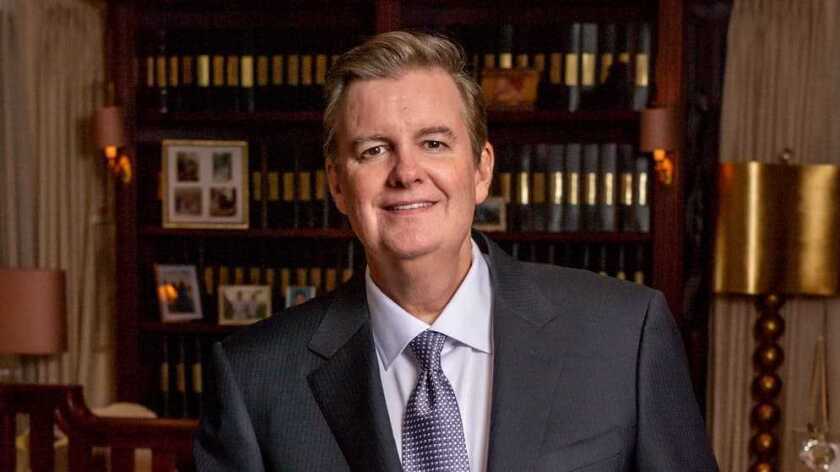During the hearing Edward Rogers (pictured), chairman of the Roger's board of directors said that the deal will enhance competition.
"Canada is no longer an island. We participate in a global industry, with global platforms that bring Canadians and people all over the world wonderful new products and services. However, they can also pose a challenge to Canadian companies and Canadian culture," he said.
"As a country, we need to look at these global trends and understand how we can fit into them. Today’s telecommunications networks require scale to compete on the world stage. We believe passionately that the combination of Rogers and Shaw will help contribute to a stronger facilities-based future for Canadians."
For his part, Brad Shaw, executive chair and CEO of Shaw, echoed these sentiments, saying that the decision to merge with Rogers, was to put the customer first.
"Without significant network investments in wireline and wireless, it will be impossible for Shaw to meet the evolving needs of Canadians, expand to serve more communities, and continue to put the needs of our customers first. Simply put, Shaw cannot do it alone. We need the scale, strength and resources of the combined Shaw and Rogers assets," he said.
"By joining Rogers, we will expand and accelerate the multi-generational investments needed to close the digital divide and compete more effectively across Western Canada, while expanding competition to communities that currently have little or no choice."
Specifically, the two said that the deal will create a competition to smaller communities in British Columbia and Alberta in which 'consumers do not have a competitive option to Telus'.
According to Dean Prevost, president of Rogers Connected Home, other parts of the vision of the new company include helping bridge the digital divide, offering more affordable options and transitioning to a digital world.
On the topic of pricing wasn't able to confirm that no price increases would occur but reminded the panel that strong competition would ensure all prices remain in check.
“The best assurance you have is the most incredibly aggressive competitor in the west, which is Telus. Raising rates isn’t an act alone, it’s an act in a marketplace," he said.
The deal has come under strong industry criticism from competitors Telus and BCE who oppose the transaction, saying it would give Rogers control of approximately 47% of English broadcasting subscribers in Canada and too much control over content distribution and content rights.
In addition, New Democratic Party (NDP) Leader Jagmeet Singh also opposed the deal saying, “we are absolutely opposed to this merger. It’s going to hurt people, it’s going to make life more difficult, it’s going to make the cost of internet continue to rise.”
At the time of the announcement, OpenMedia, a Canadian telecoms advocacy group, on behalf of 6 civil society organisations issued a joint statement calling on the federal government to block Rogers from buying out Shaw. They also launched a petition that has already accrued more than 61,000 signatures.
In the statement, on behalf of OpenMedia and ACORN Canada, Democratic Socialists of Canada, Justice Internationale, Leadnow, North99 and The Fees Are Too Damn High Party, it stated that “This buyout threatens to further slash consumer choice and affordability in Canada’s already-dysfunctional telecom market, at a time when affordable connectivity has never been more important. It cannot be allowed to go through under any circumstances”.






